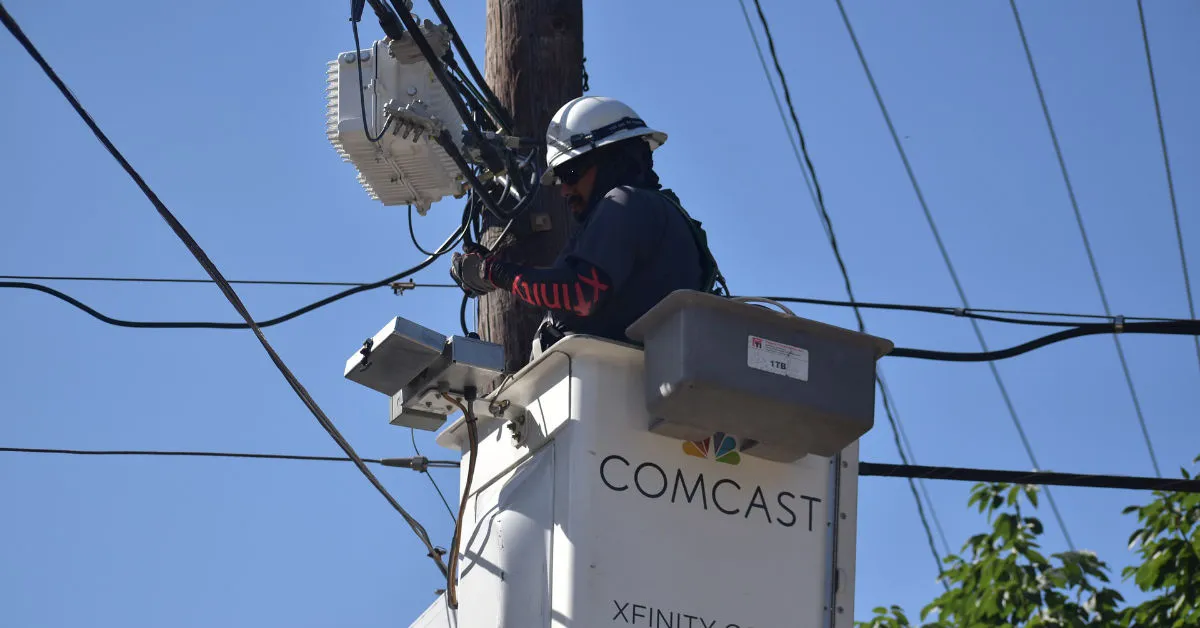
State officials in Maine will not continue a fight to force cable, satellite and other pay television companies to offer channels on an à-la-carte basis.
The decision comes after a lengthy court battle that was settled last month when Maine’s attorney general filed a joint motion with network programmers last month seeking to tie up unresolved issues in a lawsuit brought by the latter.
The lawsuit was in response to a 2019 law that required cable, satellite and other pay television operators in Maine to offer customers the option of subscribing to individual channels.
The law tried to tackle a growing problem in the traditional pay television industry where high-quality networks are bundled with lower-quality and niche channels. Those bundles are sold as packages to customers, who often have no way of refusing certain channels that they don’t want to pay for in order to subscribe to channels they want to watch.
The trend is favored among programmers because it yields additional subscription and advertising revenue. But the strategy has also caused cable and satellite packages to increase in price, and efforts to curb those increases by distributors have often led to carriage disputes where highly-sought channels are unavailable to customers for days, weeks or even months.
The entire model has driven customers away from traditional cable and satellite packages for cheaper streaming offerings. It also spurred one Maine lawmaker to sponsor legislation that would break cable and satellite bundles by allowing customers to subscribe only to channels they wanted to receive.
The law stated that any cable or satellite companies operating in Maine had to offer customers the option to subscribe to channels on an à-la-carte basis. It was quickly challenged in federal court, with programmers saying the law infringed on their First Amendment rights.
Programmers who sought to block the law included the Walt Disney Company (ABC), Fox Corporation, Discovery Communications and ViacomCBS. Comcast, which owns NBC Universal, was the only cable television company represented as a plaintiff in the suit.
Earlier this year, a federal judge issued an injunction blocking the law from taking effect. Last month, both sides filed a motion that a judge said effectively conceded a win to the programmers.
“It is hereby ordered that, based on the defendants’ concession, Chapter 308 violates the First Amendment to the U.S. Constitution,” the judge ruled.
The opinion issued in federal court means, as written, Maine will not be able to implement the à-la-carte law. This comes as a disappointment to one state lawmaker who was a primary backer of the initiative.
“It was a free choice bill,” Jeffrey Evangelos, a state representative, told a local newspaper. “Just like when you go to the grocery store, you buy what groceries you want. That notwithstanding, the cable companies and their lawyers pursued this free speech argument, and the judge fell for it.”